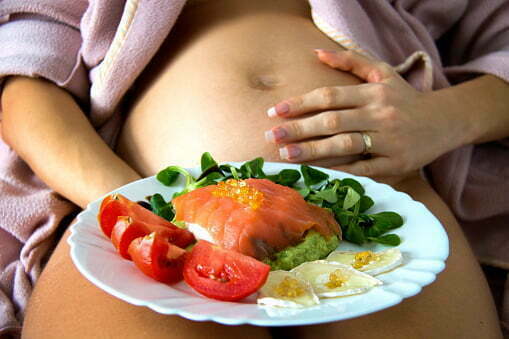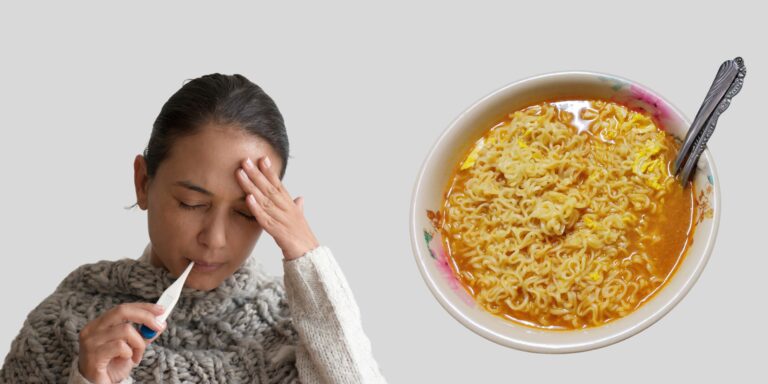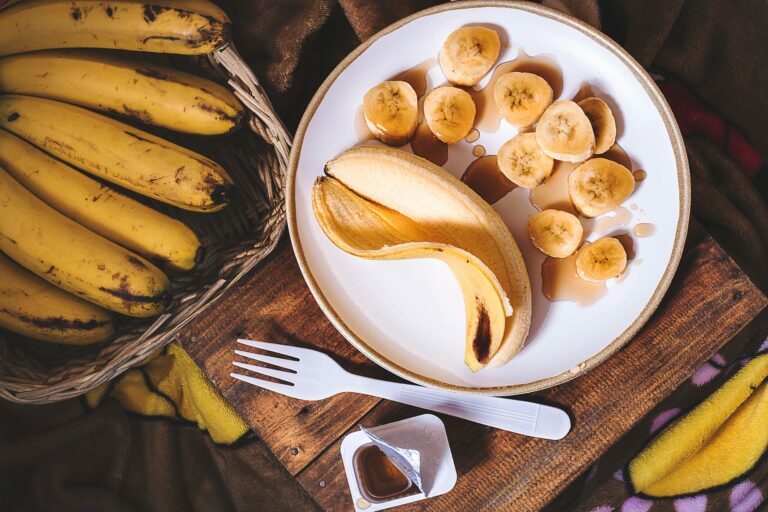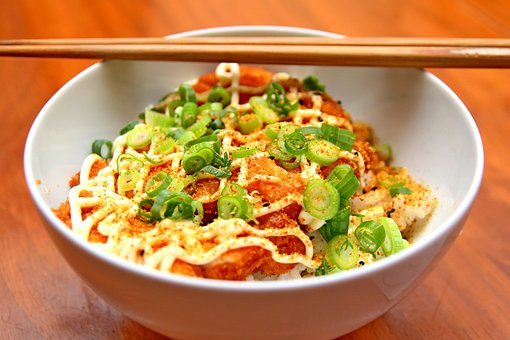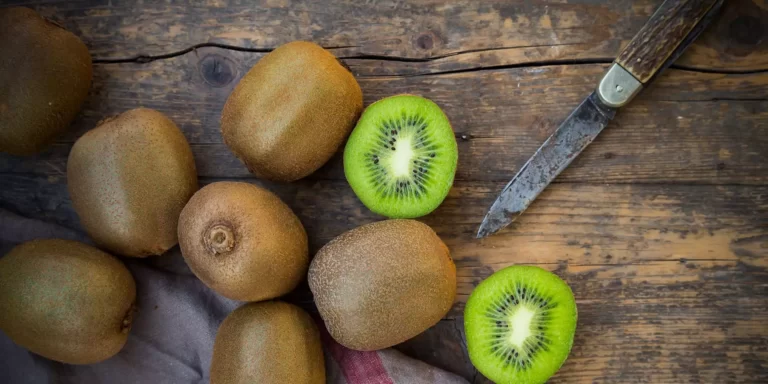Can We Eat Seafood During Pregnancy?
Can we eat seafood during pregnancy? Yes,Seafood is a good source of protein and other important nutrients like omega-3 fatty acids, which are crucial for fetal development. However, certain types of seafood can also contain high levels of mercury, which can be harmful to a developing fetus. So, can we eat seafood during pregnancy? The answer is yes, but with some important caveats.
The United States Food and Drug Administration (FDA) recommends that pregnant women should aim to consume 8-12 ounces (about 2-3 servings) of low-mercury seafood per week. Low-mercury seafood includes shrimp, canned light tuna, salmon, pollock, and catfish. However, pregnant women should avoid high-mercury seafood such as shark, swordfish, king mackerel, and tilefish. It can contain high levels of mercury that can negatively affect the baby’s developing nervous system.
More Information About Seafood
In addition to choosing low-mercury seafood, pregnant women should also ensure that the seafood is cooked thoroughly to kill any harmful bacteria or parasites that can cause foodborne illness. Raw or undercooked seafood, such as sushi or sashimi, should be avoided during pregnancy.
It’s important to note that some types of seafood may also contain other contaminants like PCBs. Which can be harmful to both the mother and fetus. For this reason, pregnant women should also consider the quality and source of the seafood they are consuming. They may want to choose wild-caught fish instead of farmed fish, as farmed fish may be exposed to more contaminants.
What You Need to Know About Eating Seafood While Pregnant
Eating seafood during pregnancy can be a healthy way to get important nutrients for fetal development. However, there are some risks associated with consuming certain types of seafood that contain high levels of mercury and other contaminants. Here’s what you need to know about eating seafood while pregnant:
First and foremost, it’s important to be aware of the types of seafood that are safe to eat during pregnancy. Low-mercury options like salmon, shrimp, tilapia, and canned light tuna are generally safe to consume in moderation. However, pregnant women should avoid high-calories fish like shark, swordfish, king mackerel, and tilefish, as well as raw or undercooked seafood like sushi or sashimi. These types of fish can contain high levels of mercury that can harm fetal development.
In addition to avoiding high-mercury seafood, pregnant women should also be cautious about consuming fish that may contain other contaminants like PCBs, which are linked to developmental problems in babies. For this reason, it’s important to choose fish that are lower on the food chain, like sardines or anchovies, as they are less likely to have high levels of contaminants.
Is It Safe to Eat Seafood During Pregnancy?
Pregnancy is a time when women need to pay extra attention to their diet and ensure that they are getting all the necessary nutrients for fetal development. Seafood is an excellent source of protein and other important nutrients like omega-3 fatty acids. Which are essential for a baby’s brain and eye development. However, concerns over mercury and other contaminants have raised questions about whether it is safe to eat seafood during pregnancy.
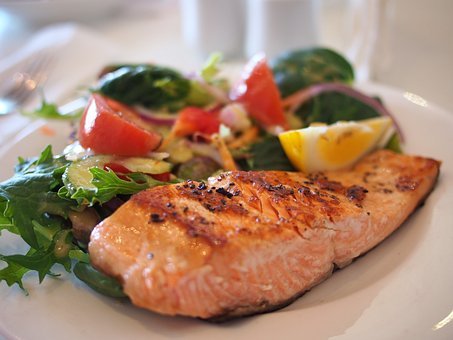
The United States Food and Drug Administration (FDA) and Environmental Protection Agency (EPA). It have issued guidelines to help pregnant women make informed decisions about consuming seafood. They recommend that pregnant women should aim to eat 8-12 ounces (about 2-3 servings) of a variety of seafood per week. However, they also caution against consuming high-mercury seafood like shark, swordfish, king mackerel, and tilefish. Which can negatively impact fetal development.
Mercury is a toxic metal that can accumulate in fish and shellfish, and high levels of mercury. It can cause developmental problems in fetuses and young children. However, not all types of seafood contain high levels of mercury. Low-mercury seafood like shrimp, canned light tuna, salmon, pollock, and catfish are safe to consume in moderation during pregnancy.
The Dos and Don’ts of Eating Seafood as an Expecting Mother
Pregnancy is a time when women need to be extra careful about what they eat, and seafood is no exception. While seafood is a great source of protein, vitamins, and minerals. It can also contain harmful contaminants like mercury and bacteria that can negatively affect the developing fetus. Here are some dos and don’ts of eating seafood as an expecting mother:
Dos:
- Choose low-mercury seafood: Pregnant women should choose seafood that is low in mercury, such as salmon, shrimp, canned light tuna, pollock, and catfish. These types of seafood are safe to eat in moderation and provide important nutrients for fetal development.
- Cook seafood thoroughly: Pregnant women should always cook seafood thoroughly to kill any harmful bacteria or parasites that can cause foodborne illness. Raw or undercooked seafood, such as sushi or sashimi, should be avoided during pregnancy.
- Practice good food safety habits: Pregnant women should practice good food safety habits when handling and preparing seafood. This includes washing hands and cooking surfaces thoroughly after handling raw seafood and avoiding cross-contamination.
- Talk to a healthcare provider: Pregnant women should talk to their healthcare provider about what types and amounts of seafood are safe to eat during pregnancy. As individual needs may vary.
Don’ts:
- Don’t eat high-mercury seafood: Pregnant women should avoid high-mercury seafood, such as shark, swordfish, king mackerel, and tilefish. These types of seafood can contain high levels of mercury, which can negatively impact fetal development.
- Don’t consume raw or undercooked seafood: Raw or undercooked seafood can contain harmful bacteria or parasites that can cause foodborne illness. Pregnant women should avoid raw or undercooked seafood, including sushi, sashimi, ceviche, and oysters.
- Don’t eat seafood from questionable sources: Pregnant women should avoid seafood from questionable sources, such as those that may be contaminated or have high levels of environmental toxins like PCBs and dioxins.
In conclusion, seafood can be a healthy and safe part of a pregnant woman’s diet as long as certain precautions are taken. Choosing low-mercury seafood, cooking it thoroughly. And practicing good food safety habits can help reduce the risk of harm to the developing fetus. It’s important for pregnant women to talk to their healthcare provider about what types and amounts of seafood are appropriate for their individual needs.
Conclusion
In conclusion, seafood can be a nutritious and valuable addition to a pregnant woman’s diet. However, pregnant women need to be mindful of the types of seafood they consume and take necessary precautions to avoid potential harm to the developing fetus. By choosing low-mercury seafood, cooking it thoroughly, and following good food safety practices, pregnant women can safely enjoy the benefits of seafood. As always, it is recommended that pregnant women speak with their healthcare provider to ensure they are following a safe and balanced diet during pregnancy.
Related Posts
This article is reviewed by Russel, before publishing. If you have any doubt, you can contact us or consult with your nearby doctor. Remember, in medical matters, there is no same advice, cure, and medicine for all.

